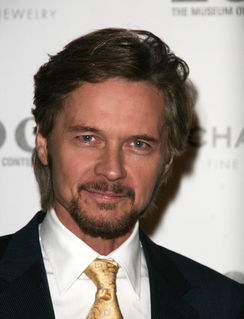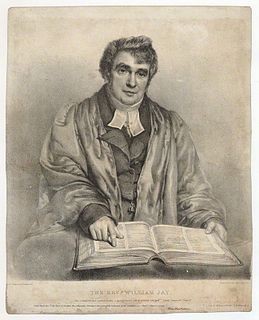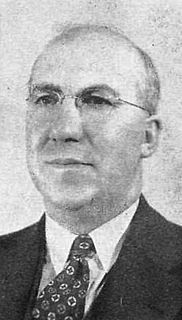A Quote by Soren Kierkegaard
Death is not earnest in the same way the eternal is. To the earnestness of death belongs precisely that remarkable capacity for awakening, that resonance of a profound mockery which, detached from the thought of the eternal, is an empty and often brash jest, but together with the thought of the eternal is just what it should be, utterly different from the insipid solemness which least of all captures and holds a thought with tension like that of death.
Related Quotes
Every living thing, animal or human, or tree experiences that which is called death, with no exception. You've all accepted that one a long time ago. Spirit, which is who we really are, or Source, is eternal. So what death must be is a changing of the perspective of that Eternal Spirit. If I am standing in my physical body and am consciously connected to that Eternal Spirit, then I'm Eternal in nature and I need not ever again fear any endedness, because, from that perspective I understand that there is not any of that.
What makes people want to live forever? I don't think it's limited to our materialistic society of today. Even back to Christian times, they were writing about eternal life after death. So even in death there was a discussion of eternal life. I think this is a universal human desire. It's a horrible thought that this conscious being of ours - with our beautiful bodies - is one day going to decay and die. I don't think it so much has to do with the fear of meeting God, as it is just the thought that this all ends.
The world of imagination is the world of eternity. It is the divine bosom into which we shall all go after the death of the vegetated [i.e. mortal] body. This world of imagination is infinite and eternal, whereas the world of generation is finite and temporal. There exist in that eternal world the eternal realities of everything which we see reflected in this vegetable glass of nature.
Shakespeare was an intellectual ocean, whose waves touched all the shores of thought; within which were all the tides and waves of destiny and will; over which swept all the storms of fate, ambition and revenge; upon which fell the gloom and darkness of despair and death and all the sunlight of content and love, and within which was the inverted sky lit with the eternal stars -- an intellectual ocean -- toward which all rivers ran, and from which now the isles and continents of thought receive their dew and rain.
Death is not "an eternal sleep!" Citizens! efface from the tomb that motto, graven by sacrilegious hands, which spreads over all nature a funereal crape, takes from oppressed innocence its support, and affronts the beneficent dispensation of death! Inscribe rather thereon these words: "Death is the commencement of immortality!"
When we raise ourselves through meditation to what unites us with the spirit, we quicken something within us that is eternal and unlimited by birth and death. Once we have experienced this eternal part in us, we can no longer doubt its existence. Meditation is thus the way to knowing and beholding the eternal, indestructible, essential centre of our being.
That’s what death did, it treated you like a child, like everything you had ever thought and done and cared about was just a child’s game, to be crumpled up and thrown away when it was over. It didn’t matter. Death didn’t respect you. Death thought you were bullshit, and it wanted to make sure you knew it.
Nothing endures except change; nothing is constant except death. Every heartbeat wounds us, and life would be an eternal bleeding to death, were it not for literature. It grants us what nature does not: a golden time that doesn't rust, a springtime that never wilts, cloudless happiness and eternal youth. [my translation]
Eternal life is the most important thing in all the world for which you and I should work and hope someday to attain. . . . the person who attains eternal life is exceedingly rich. Seek not for riches but for wisdom. . . . . . . he that hath eternal life is rich. Eternal life is the greatest of all of the gifts of God.









































